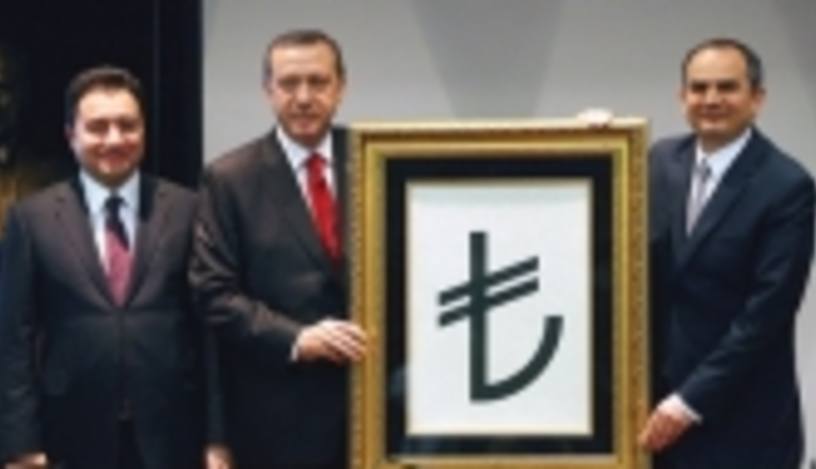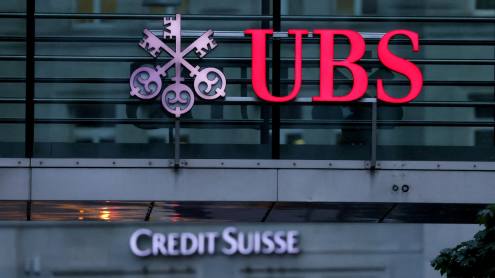Since December 2010, the Central Bank of the Republic of Turkey (CBRT) has been pursuing its main policy goals of bringing down inflation, holding the Turkish lira stable, controlling the current account deficit and combating speculative inflows through a policy mix that has been variously dubbed, criticised and even on occasion derided as 'unorthodox', 'unconventional', 'neo-modern', and even 'neo-post modern'.
Certainly controlling the exchange rate and inflows of speculative 'hot money' by means of a variable interest rate corridor – and tweaking reserve requirement ratios (RRR) using an arcane table of coefficients to put a cap on credit growth – is unusual.












